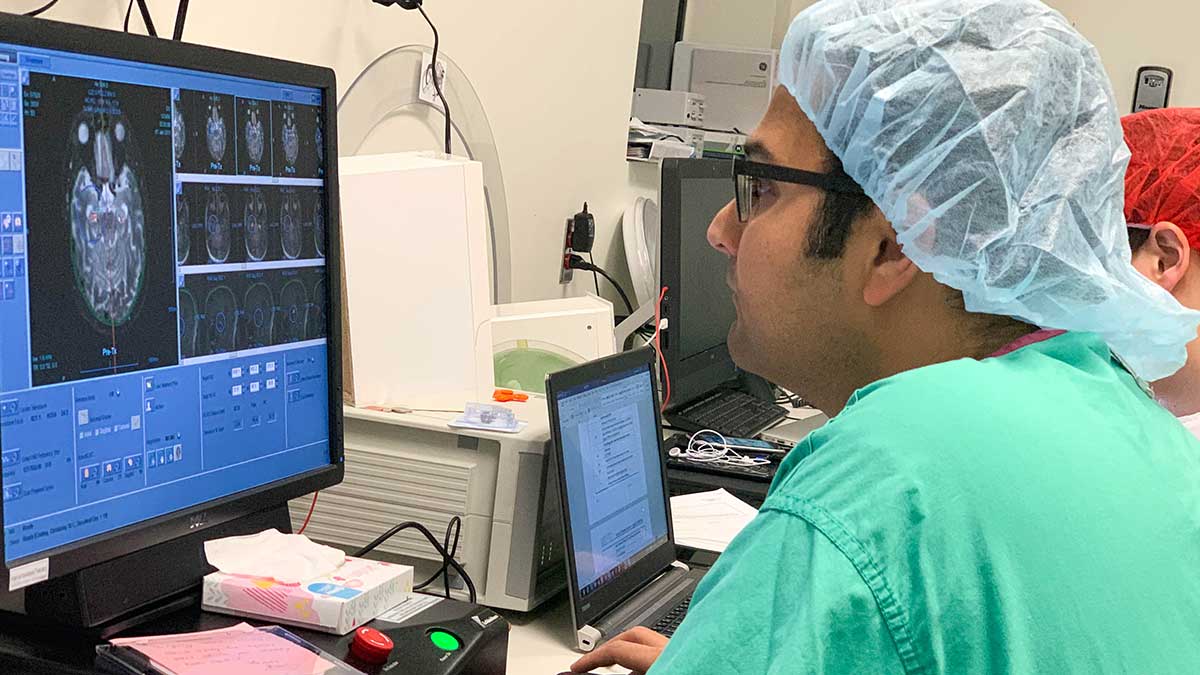Do these 5 things now to keep your brain healthy as you age

It’s not uncommon for people in their 30s to notice a little forgetfulness or to have difficulty finding a particular word they want to use. That’s a part of normal aging.
Most of the brain stops growing neurons in our mid-20s. What does continue to grow is the portion of the brain that controls memory, as well as the connections between the neurons.
Actively pursuing activities that will maintain and improve our brain health can help increase the growth of these connections, as well as help us live full and meaningful lives. And the earlier we do it, the greater the benefit.
But if you notice a significant change, you may need to take a closer look at how you’re functioning and consult your doctor.
While we can’t completely control if we’ll develop cognitive decline, here are five things we can do now to keep our brains healthy as we age:
1. Write things down
Journal, track activities in a calendar, make to-do lists – the act of writing things down helps encode information and the information is more likely to store.
When you’re making to-do lists, set goals that are potentially achievable. If it’s a large task, break it down into smaller tasks. Write them out and check them off as you accomplish them. That purposeful crossing things off is really important to give us that sense of satisfaction that we’ve done something.
2. Do one thing at a time
We live in a very fast-paced society. People try to do 14 things at the same time and, when we do, we’re dividing up our attention and not paying full attention to anything we’re doing.
Instead, try to focus on one thing at a time. This gives you the opportunity to put your whole focus on that one thing and then move on to the next activity. In the end, it’ll make you more effective at both.
A lot of people who have memory problems aren’t forgetful. They just weren’t paying attention in the first place.
3. Practice mindfulness
Be in the moment. When we do things more mindfully, we enjoy them more and get more pleasure out of them. It encourages us to slow down, take a moment and appreciate what’s in front of us.
For example, when you’re eating your cereal, really think about what you’re experiencing – what are the flavors, what are the textures, what does it smell like, what does it make you think of, how cold is the milk, what color is the bowl – really focus on the bowl that’s right in front of you.
Mindfulness allows us to get away from all of the stuff that’s going on in our brains. If you struggle with negative thoughts, it’s a way to quiet the mind and focus on something tangible to distract yourself from negative thoughts.
When you slow down in the moment, you can enjoy more happiness in life. Keeping our mood up makes a big difference in how we encode things.
4. Become active in your community
I always recommend people remain active socially. Be purposeful about how you spend your time. Make a point to connect with family or friends, do things you love and care about, and have passion for something that enriches and motivates you.
When I see someone who has aged really well, they’re usually involved in community activities or volunteer work, attend social events or do things that require critical thinking like reading, puzzles and games. It’s been my experience that people who struggle with retirement are the people who never had a hobby to begin with, so they have nothing to fall back on. They have no interests or passions.
Motivation helps us remain active and, in turn, keeps our brains healthy.
5. Take care of your body
Whatever is good for the body is good for the brain. I often talk to my patients about their sleep habits, exercise, tobacco use, and caffeine and alcohol intake.
Aim to sleep seven to nine hours a night. Consider starting a medically safe exercise routine that you can maintain. You may want to consult a physical therapist if have any injuries that limit your function. Tobacco causes changes in the brain. A tobacco treatment specialist can help you develop a plan to quit. Limit caffeine as it may make you anxious and cause headaches and difficulty sleeping, among other things. Alcohol can impair function, cause memory loss and, over time, excessive drinking can lead to heart disease and liver damage. Resources are available to help you quit.
Erica Dawson is a clinical neuropsychologist and the director of Neuropsychology Services at The Ohio State University Wexner Medical Center.




